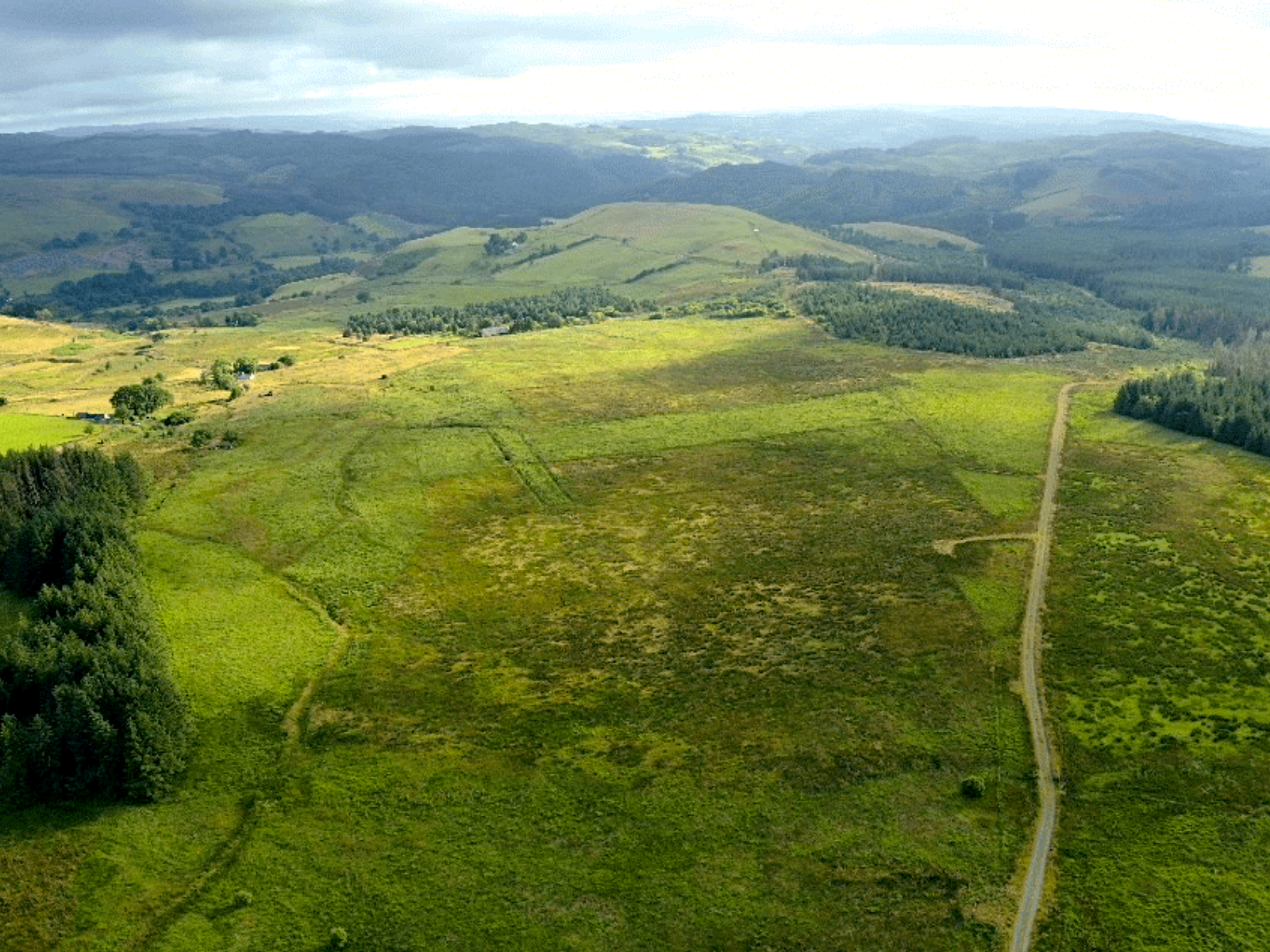Net zero and sustainable development
Reaching a durable net zero will require global transitions that are both sustainable and equitable. Net zero plans by countries and non-state actors need to be aligned with complementary sustainability objectives and enforced using rigorous quality standards, centring fairness and prosperity.
This research theme is separated into three parts: an equitable transition, socio-ecological sustainability, and the generation of new economic opportunities.
EQUITABLE TRANSITION
The burden of meeting global net zero must be shared fairly.
The Paris Agreement emphasises the need for an equitable transition – in efforts to reduce poverty, net zero needs to be achieved in the context of sustainable development.
A balancing of responsibilities will therefore be required, as the global peaking of emissions may take longer for developing countries.
Different countries and non-state entities should tailor their paths to net zero, based on their national circumstances, with some reaching net zero faster to enable those in developing countries to achieve their sustainable development goals.
SOcio-ecological sustainability
To address the global issue of climate change, it is crucial we achieve durable net zero by 2050. In order to achieve durable net zero without negative ecological and social consequences, plans need to be aligned with complementary sustainability objectives. Climate change is interlinked with other socio-ecological challenges, many of which have the same root causes. Climate change exacerbates these stressors, acting as a ‘threat multiplier’ and negatively impacting ecosystems and the communities that depend on them.
Biodiversity is a key determinant of ecosystem health and resilience, providing multiple benefits to society. Despite this, biodiversity is often overlooked in climate change policies. Many current net zero plans that focus only on carbon storage, such as planting monocultures of non-native trees, can impose negative consequences on biodiversity and local populations. To avoid this and instead deliver benefits to ecosystems and society, net zero plans need to be aligned with complementary objectives that protect and enhance the delivery of ecosystem services and are embedded into broader strategies for socio-ecological sustainability.
new economic opportunities
Net-zero prosperity can materialise through multiple channels. Zero-carbon solutions have additional benefits in the form of cleaner air, healthier lifestyles and more livable cities. Clean investment can generate new business opportunities, both directly and in the supply chain. Clean innovation can lead to cycles of renewal and growth. Clean solutions like renewable energy and electric vehicles already save money today, when judged on a lifecycle basis.
But realising these opportunities raises challenges. Vested interests are entrenched, and harmful market and policy failures (e.g. fossil fuel subsidies) prevail. The net-zero economy requires new skills, which may necessitate difficult adjustments and retraining. The high upfront costs of net-zero solutions can be a barrier to capital-constrained households and economies with high costs of capital.
To overcome these barriers and ensure a fair transition, policy incentives, cross-sector collaboration, generous social protection and investment in education and skills are required.
OTHER RESEARCH THEMES
News and Events

UK Government Voluntary Carbon and Nature Markets policy consolidates action on nature and climate, but risks compromising urgent mitigation of climate change and preventing and repairing nature loss, say ONZ researchers
Oxford, 23 June 2025 Researchers from the Leverhulme Centre for Nature Recovery, Oxford Net Zero and Oxford Sustainable Finance Group have submitted feedback to the UK Government’s ‘Voluntary Carbon and Nature Markets: Raising Integrity’ ... Read more

Job opening: Serviced Emissions Research & Engagement Manager
The Oxford Net Zero Engagement Team is recruiting for a Serviced Emissions Research & Engagement Manager. This pivotal role will lead a high-impact initiative focused on advancing the understanding and integration of “serviced emissions” ... Read more

New Oxford Report: Carbon Capture and Storage Without Taxpayer Billions Is Possible
Oxford Net Zero and Carbon Balance researchers reveal the risks of the current UK CCS policy mix and explore how a carbon storage mandate on fossil fuel producers could help the UK meet its climate targets while protecting public finances A ... Read more

Oxford Net Zero partners with AXA XL on research in India, Mexico and Kenya
Oxford Net Zero is excited to announce that it is working with the insurance company AXA XL, the Institute for Science, Innovation and Society (InSIS), and the Smith School of Enterprise and the Environment to conduct research on private sector ... Read more

Finance, Fossil Fuels and $10 coffee: Reflections on COP29
As we begin a new year, Oxford Net Zero looks back on the highs and lows of November's climate summit in Baku. In some ways, this COP was different. The venue was smaller than in previous years, which meant that attendees could have genuine ... Read more

Oxford Net Zero announces affiliation with Reuben College
Oxford Net Zero is pleased to announce an affiliation with Reuben College. This new strategic partnership will allow us to collaborate more closely on environmental change, which we are both working to address as a core objective. Professor ... Read more






